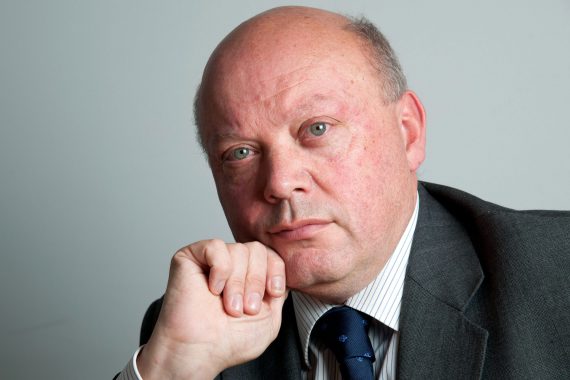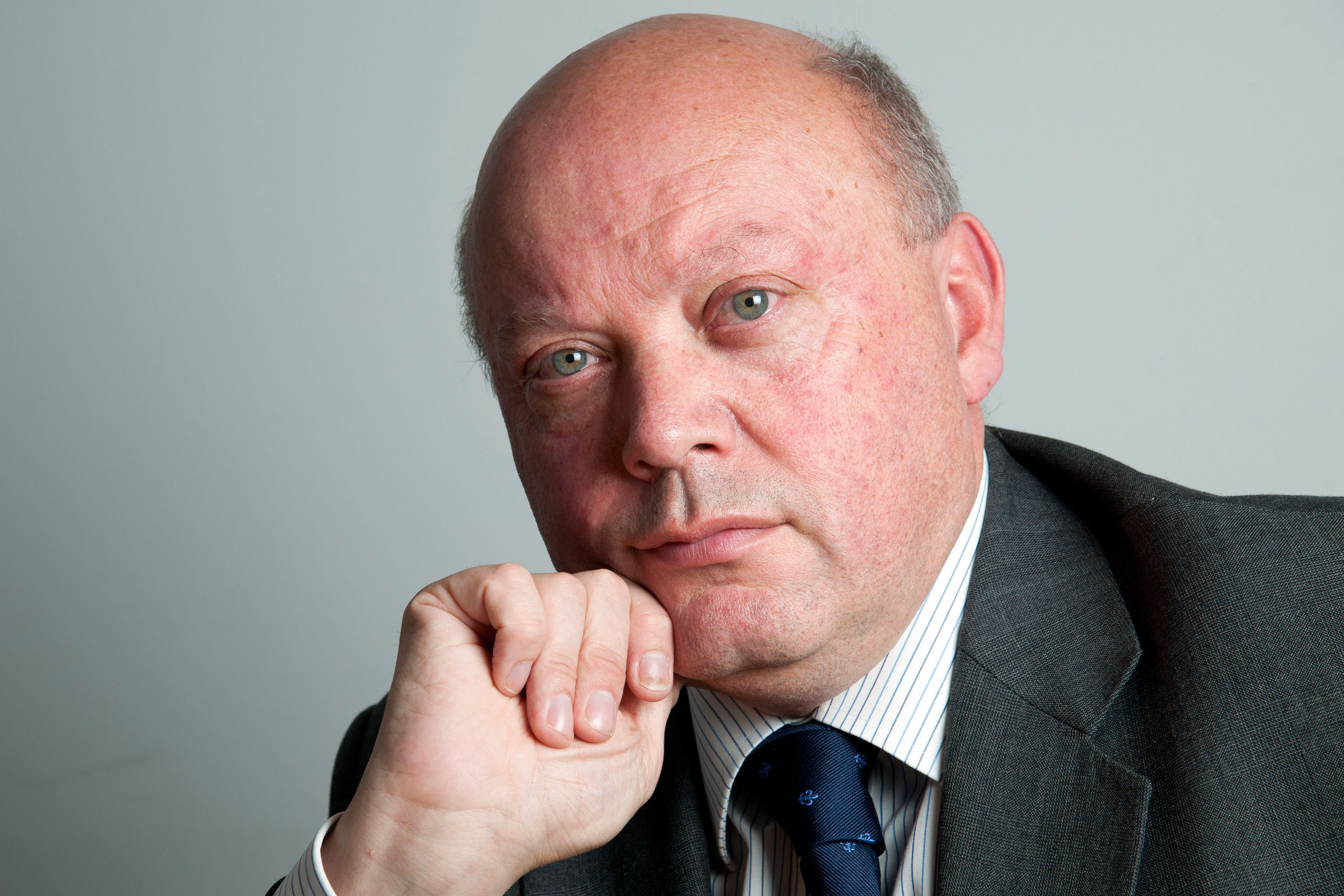In his own words: Professor Steve Field


prof steve field 3×2
What tangible benefits have there been since the new GP inspection process was introduced?
Evaluation is still underway and we will report fully later in the year, but it is clear that the GP inspection programme has helped to deliver improved care for people right across the country. CQC’s State of Care report 2015/2016 showed that three-quarters of practices rated as inadequate improved sufficiently on re-inspection to receive a higher rating. At this point we had inspected more than half of GP practices in England and we found that 87% of practices were good or outstanding, today that is up to 90%. Three percentage points may seem small but it represents a considerable population size across those practices.
Pulse inspects the inspectors
An appraisal: What has the CQC achieved?
In this interview, you said that you wanted to be a ‘champion’ of general practice adding: ‘So I think you will find us making statements about resources, about contracts, about lack of workforce.’ What evidence has there been of this?
When we spoke in 2013, I said I wanted our GPs to be offering the best general practice in the world and I believe we can achieve this together.
CQC has focused on what matters the most to GPs; providing high quality care to their patients. Across our work we have a commitment to work with GPs and groups like the BMA and RCGP to consider how we maintain this focus while reducing the burden of regulation in the future. This helped us develop, test and roll out a brand new inspection regime for the sector, which had quality patient care at its heart. The findings from which have allowed us to speak of the challenges facing primary care, identify where improvements are needed and share best practice.
For example, in CQC’s State of Care 2015/2016 report on Primary Medical Services we raised concerns around the shortage of GPs and increasing vacancy levels, at a time when the number of people registered with GPs was rising. Also, we are a signatory to NHS England’s GP Forward View, which outlined plans to create an extra 5,000 GPs by 2020 – this maintained the support we declared for the five year forward view in 2014. In this report we also championed excellent GPs by featuring their achievements as best-practice examples in the sector.
Looking to the future, we will continue to work with NHS England, NHS Clinical Commissioners, the professional regulators and other national bodies to develop a shared view of quality. Working together as part of the newly established Regulation of GP Programme Board, we aim to reduce duplication of reporting and, as a result, the administrative impact on GPs more widely.
The biggest criticism from GPs is that the inspections are focused on processes – fridge temperatures, having the right staff documents, etc – rather than genuine patient care. What do you say to this?
CQC inspections are not simply focused on process. They are led by experts and involve speaking to both patients and staff to understand what the quality of care in a practice is truly like. As a result, they have led to genuine improvements in care.
Genuine patient care comprises many elements – making sure the right people are working in the right manner with the right equipment is part of this. If a fridge containing vaccinations is at the wrong temperature, those vaccinations become ineffective and it leaves patients at risk. If certain policies are not evidence-based and available, how can patients be confident that specific needs will be met safely and appropriately? The ‘caring’ element of CQC inspections is extremely important, so is making sure that a service is safe, effective, responsive and well-led. What may seem like simple process issues may actually be down to a lack of systems and governance that indicates problems elsewhere.
What the inspection programme, which we will report on fully later in the year, has allowed us to do is establish a clear view of the quality across general practice. We now have a solid understanding of those practices that are failing patients, of those which offer outstanding care, and an evidence base to build a more outcome-focused method of regulation in consultation with GPs.
Our survey found that GPs are cancelling on average 15 appointments preparing for their inspections. Is this really promoting patient care?
This certainly is not something we would ever ask a practice to do. One of the reasons that we give practices notice ahead of planned inspections is to allow them sufficient time to ensure patient care is not compromised during a visit and disruption is kept to a minimum.
The inspection is an opportunity for a practice to demonstrate what it should be doing day in, day out as part of its commitment to provide safe, high-quality and compassionate care – we are not asking them to do anything that any good practice should not be doing already.
GP leaders say that local intelligence is the best way of spotting poorly performing practices, and in the vast majority of cases, it is to do with funding and recruitment. Wouldn’t it be better for patients if the £55m spent on GP inspections was spent on supporting these practices?
Regulation is supporting practices and, importantly, it is supporting patients too. We know that practices are responding to inspection findings and improving the care that they offer, we can see this in the rise of practices rated as good since we began the inspection programme, and the decline in those rated as requires improvement and inadequate.
To continue regulating effectively, CQC has made a commitment to an intelligence-led approach in prioritising when and how we inspect in the future. To make this as effective as possible we do need to work together to make sure intelligence is shared properly. We often find poorly performing practices which commissioners have known about but not helped the practice to improve – collaboration offers a better way forward for practices and patients.
Our consultation on the next phase of GP inspection will be launching soon and we need GPs to continue to share their feedback with us to make this work for patients and providers.











